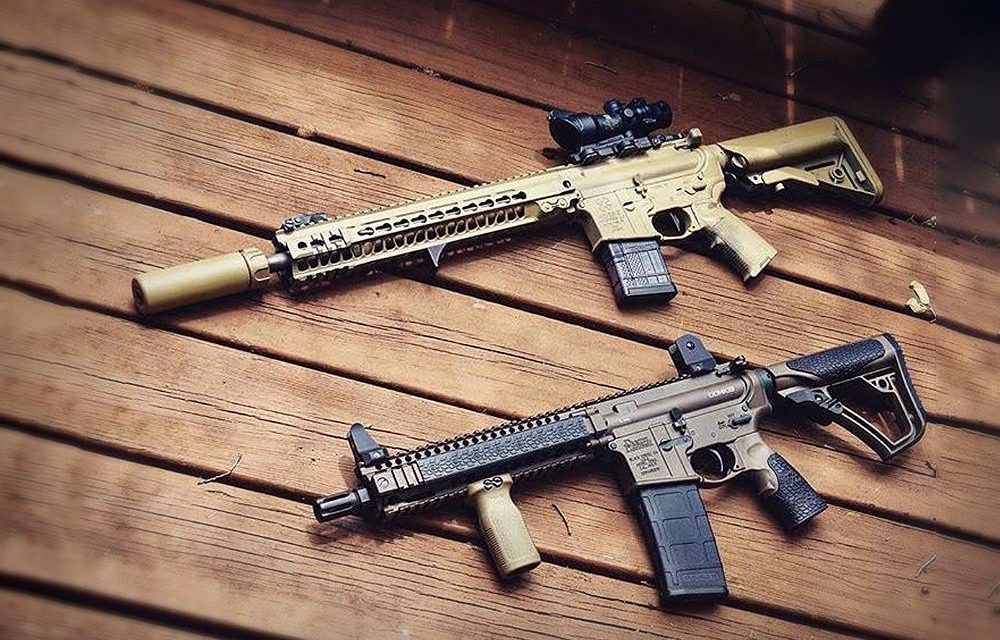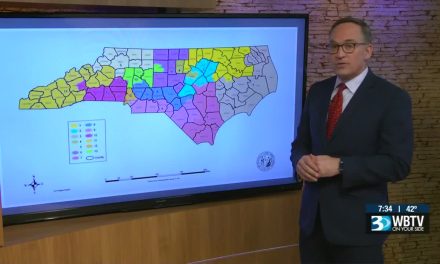In his 2009 book Moyers in America, former aide to President Johnson, Bill Moyers, wrote about the night LBJ signed the Civil Rights Act of 1964:
When he signed the act he was euphoric, but late that very night I found him in a melancholy mood as he lay in bed reading the bulldog edition of the Washington Post with headlines celebrating the day. I asked him what was troubling him. “I think we just delivered the South to the Republican party for a long time to come,” he said.
It took personal courage for Johnson to press ahead with the Civil Rights bill. His predecessor who began the legislative process had his head blown into pieces in Dallas. It took political courage, as Johnson would go on to lose the Deep South in the 1964 election, a hitherto unthinkable outcome for a Democratic presidential contender. It also took ideological courage, because he knew he was damaging his party in its largest stronghold and inviting a massive counterreaction that could threaten the New Deal coalition. Johnson pressed ahead anyway.
Donald Trump faces similar risks if he pushes ahead with anti-gun violence legislation. And I don’t begrudge him at all for polling his supporters. Any responsible political leader would do the same. On August 9th, I wrote “Trump’s Reelection Strategy Makes a Gun Bill Unlikely” to make the point that Trump can’t really pick a fight with his base on guns given that he’s relying on them rather than undecided moderates to win a second term. Unfortunately, his survey showed that his base won’t endure strong gun legislation.
President Trump assured Senator Joe Manchin III, Democrat of West Virginia, on Thursday that he was still considering legislation that could include background checks for gun buyers. But White House aides said they had polling data showing that gun control was politically problematic for the president, according to two people briefed on the meeting…
…the polling data, White House aides said, indicated that the issue does not help the president with his core base of supporters, according to the people briefed on the meeting.
It’s asking a lot for a political leader to put his physical safety or his political career at risk. It’s also a major decision anytime a political leader contemplates taking action that could do real long-term harm to his party’s cohesiveness and future success, because doing the right thing in one area might count for a lot but if it is accompanied by widespread legislative, policy and electoral defeats it will come at a very high price. LBJ did not have an easy to decision and the Democratic Party fractured and suffered decades of losses as a result of his choice.
Donald Trump is not known for his courage, and he certainly doesn’t put any interests ahead of his own, which is why this internal polling data is decisive. He will seek a fig leaf rather than putting his neck on the line:
But those familiar with the meeting said the president’s likeliest course of action was a menu of smaller items, like a slimmer version of a background checked bill and “red flag” laws, which allow the authorities to temporarily confiscate firearms from those who are found by a judge to be a danger to themselves or to others.
The mass shootings will continue without any large federal response because President Trump isn’t the kind of person to take risks and sacrifices that stand to benefit anyone other than himself. He’s certainly not alone in that as a politician but he’s also an extreme case. It’s hard to conceive of anyone less likely to show the courage of an LBJ.







